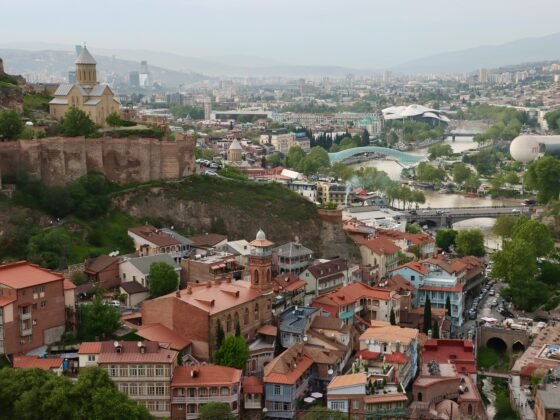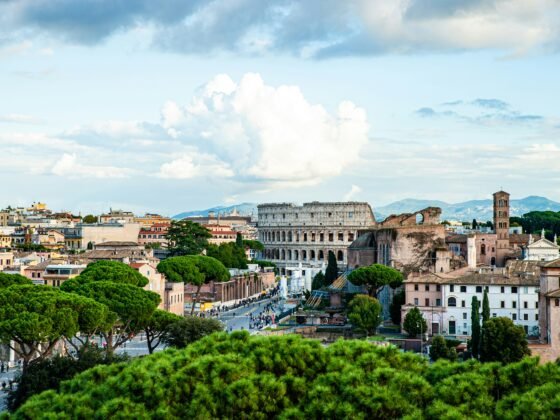There are many differences between the Portuguese of Portugal and that of Brazil, mostly in the pronunciation but also in other aspects, it could be compared to the difference between British English and American English.
When written down the two are more easily understood, but when spoken there can be some discrepancies, there shouldn’t be too much trouble in understanding both once you get your Portuguese level up to a good standard, but you’d be advised to learn the differences before flying right into it; take for instance that Brazilians treat everyone by “você,” whereas Portuguese use “tu” and “você” depending on the circumstances — Using the wrong one at the wrong time can be offensive, so take care.
One thing you’ll notice is that Brazilians use a lot of slang, something I doubt you’ll hear much about in Portugal; they’ve also adopted many words from the African slaves and from the other indigenous languages of Brazil, such as the Tupí and Guarani — this is rather present in the naming of flora and fauna native to Brazil, and is one of the biggest difference in vocabulary.
Then there’s the not so little fact that Brazil’s population outnumbers Portugal by about 190 million, yikes. Brazil is a huge country and with that comes a small problem — Different regions have their own versions of Portuguese. Again, there will be slang that’s specific to each region, it’s something to be aware of depending on where you go, but if you study the Portuguese of Brazil you shouldn’t have a problem understanding each dialect.
Of course the size of Brazil means you can do a lot of traveling and make use of your new tongue, more-so than Portugal — Being a smaller country means traveling the same distance lands you in a new country with a new language. There is some reprieve however, as Portuguese is a close relative of Spanish — while many Spanish people cannot speak Portuguese often you’ll find that they can understand enough of it; this goes the other way for Spanish people talking to Portuguese speakers, so conversation is not impossible. This is a good thing to note as Portugal is right next door to Spain, and Brazil is surrounded by many Spanish speaking South American countries.
As for culture and scenery each country is unique and equally impressive. Brazil has some iconic hotspots in Rio de Janeiro and São Paulo, not to mention the Iguazu Falls and the Amazon Rainforest; but then Portugal has the cultural hub of Lisbon and the Algarve, the ease of traveling through Europe is an attractive aspect also.
Neither country is in shortage of good schools, so the decision is really on you and your reason for learning the languages — If you’re in it to be able to communicate with more people, then due to sheer size Brazil is the answer; if however you’re doing it for the location, it’s more of a close call.
—
Sam represents Language Trainers, which provides individually-tailored language training on a one-on-one or small group basis worldwide.












